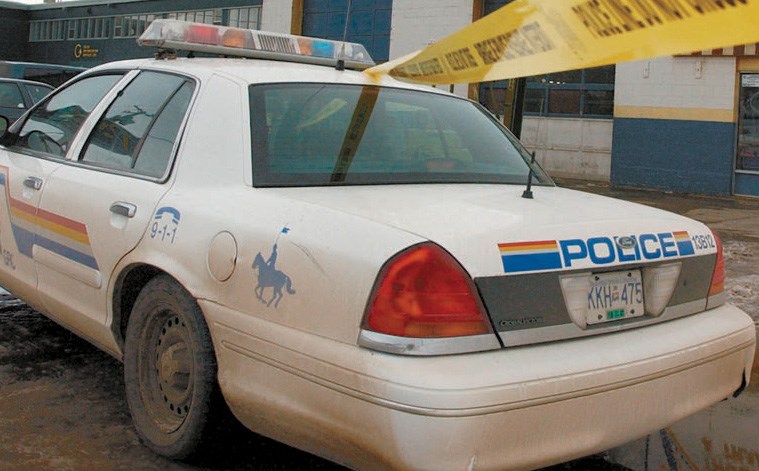Prince George RCMP saw a more than eight per cent increase in calls for service in 2019 compared to previous year.
In 2019 Prince George RCMP were called out 47,704 times, compared with 43,924 in 2018, according to a report detachment commander Supt. Shaun Wright presented to city council on Monday.
"The number of calls is 25 per cent higher than we were at in 2014. That is a significant stress on our members," Wright said. "A good percentage of the calls are non-criminal in nature. A lot of that is unwelcome persons, causing a disturbance or even mental health distress."
Mental health issues, alcohol and drug addictions fuel a lot of the calls the RCMP receive, he said.
"Really we're dealing with a lot of social issues," he said. "What's a little different up here is we're a hub city. We're dealing with this on a regional basis."
Many vulnerable people from the throughout northern B.C. end up in Prince George to access services not available in smaller communities or end up being released from the Prince George Regional Correctional Centre and end up on the streets in the city, he said.
Despite the steady rise in calls for service, the number of criminal charges forwarded to the Crown has declined slightly, from 2,223 in 2018 to 2,148 in 2019. The number of prisoners held in cells also declined slightly from 3,246 in 2018 to 3,234 in 2019.
Due to changes in legislation, holding prisoners in cells is viewed as a last resort.
In cases where someone picked up for public intoxication would be held overnight to sober up, they are now generally being taken to the hospital, Wright said.
Statistics in crime by type can't be compared directly to previous years, Wright said, because of a change in how Statistics Canada requires the RCMP to report their crime stats. Previously if RCMP were called to a crime, but officers weren't able to find the persons involved or the incident – such as a public disturbance – had ended, it would be recorded as an unfounded report.
However, starting in 2019 the RCMP are required to report each call as an event which occurred unless they can prove the call was unfounded.
"The statistics aren't really helpful for this year. It's really comparing apples to oranges," Wright said.
An example of that is the number of cases of assault, which jumped to 958 cases in 2019 after hovering around 600 or less since 2014. However, when unfounded cases are included the number jumps to 1,247 reports – slightly less than in the past three years.
"When you compare persons offences we're really on par for previous years," Wright said. "(But) there does appear to be an increase with all the property offences. I do believe property offences will continue to rise."
Going forward this year, Wright said the detachment plans to focus on community safety, road safety, property crime reduction and human resource management.
"We'll be looking at each and every position in the detachment to look for efficiencies," he said. "If you can't put people... in positions and keep them healthy, you can't really accomplish the other three things."



